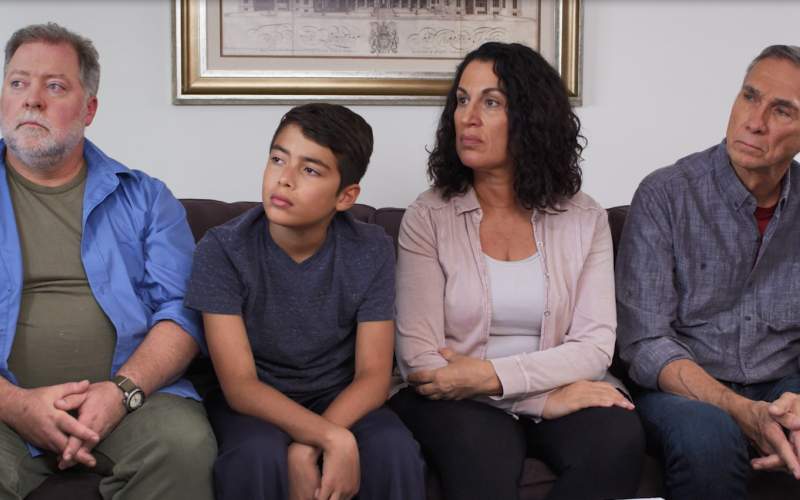UAlbany Center Research: Home Support Reduces Cost of Treatment for Young People with Emotional Difficulties

ALBANY, N.Y. (Feb. 11, 2021) – New research from UAlbany’s Center for Human Services Research (CHSR) shows that a program for treating young people with serious mental health needs in their homes and communities saves money for Medicaid by reducing the number of stays in residential treatment facilities.
Associate Director of CHSR Margaret Gullick, the primary analyst for the Medicaid investigation, said that child and family team meetings are at the crux of High Fidelity Wraparound (HFW), a team-based planning process that is aimed at preventing costly and potentially disruptive residential treatment facility placements.
Family team meetings are facilitated by a specially trained care manager who brings all of a youth’s service providers and support people together to make a coordinated plan to assist in the youth’s goals and address their needs so they can remain in their home and community.
The New York State System of Care/ACHIEVE pilot implementation of HFW is administered by the Office for Mental Health and supported by a grant for the expansion and sustainability of these services from the Substance Abuse and Mental Health Services Administration. CHSR is funded as the external program evaluator for this work. In this implementation, all youth served were between 11 and 21 years old; had at least one serious mental health disorder, such as severe depression, anxiety, bipolar, or oppositional-defiant disorder; and had needs that were not effectively managed by less intensive care coordination methods, leaving the youth at risk of being placed into a residential treatment facility.
“Our research demonstrated that youth who participated in this program had fewer stays in residential treatment facilities and lower average Medicaid spending in this category,” Gullick said.
In comparison, a similar group of youth who did not participate in HFW but received “treatment as usual” showed more placements and increased spending.
She added that “stays in these settings reflect youth needs that could not be met in an outpatient setting and, as they average about $11,000 per month, are hugely expensive. Reducing their duration or avoiding them altogether indicates a lessened need for these high-intensity services after receiving support from the High Fidelity Wraparound process and has a significant impact on Medicaid spending.”
This research supports the positive impact of HFW for participating youth, suggesting HFW can improve the lives of young people with serious mental health needs.
The Center for Human Services Research is a research department under the University’s Division for Research. CHSR has nearly 30 years of experience conducting evaluation research, designing information systems, and informing program and policy development for a broad range of agencies serving vulnerable populations in fields as diverse as behavioral health, child welfare and family services, criminal justice, education and health care. For more information, visit the CHSR website.




